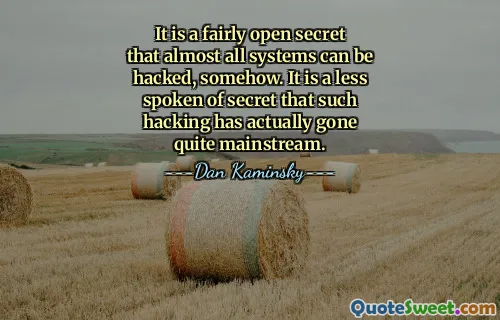Whatever his secret was, I have learnt one secret too, and namely: that the soul is but a manner of being -- not a constant state -- that any soul may be yours, if you find and follow its undulations. The hereafter may be the full ability of consciously living in any chosen soul, in any number of souls, all of them unconscious of their interchangeable burden.
In "The Real Life of Sebastian Knight," Vladimir Nabokov explores the nature of the soul, suggesting it is not a fixed entity but rather a fluid state of existence. The narrator reflects on this idea, revealing that understanding and embracing different souls can lead to a deeper connection with the essence of being. This perspective encourages an exploration of identity, suggesting that we can embody various souls by attuning ourselves to their fluctuations and experiences.
The quote emphasizes the potential for transformation and the ability to live through multiple perspectives. It implies that the afterlife might involve a conscious experience of these varied identities, showcasing the complexity of the human soul and its diverse manifestations. Each person carries an unacknowledged depth, and by recognizing this interchangeability, one can achieve a fuller understanding of life and existence.




